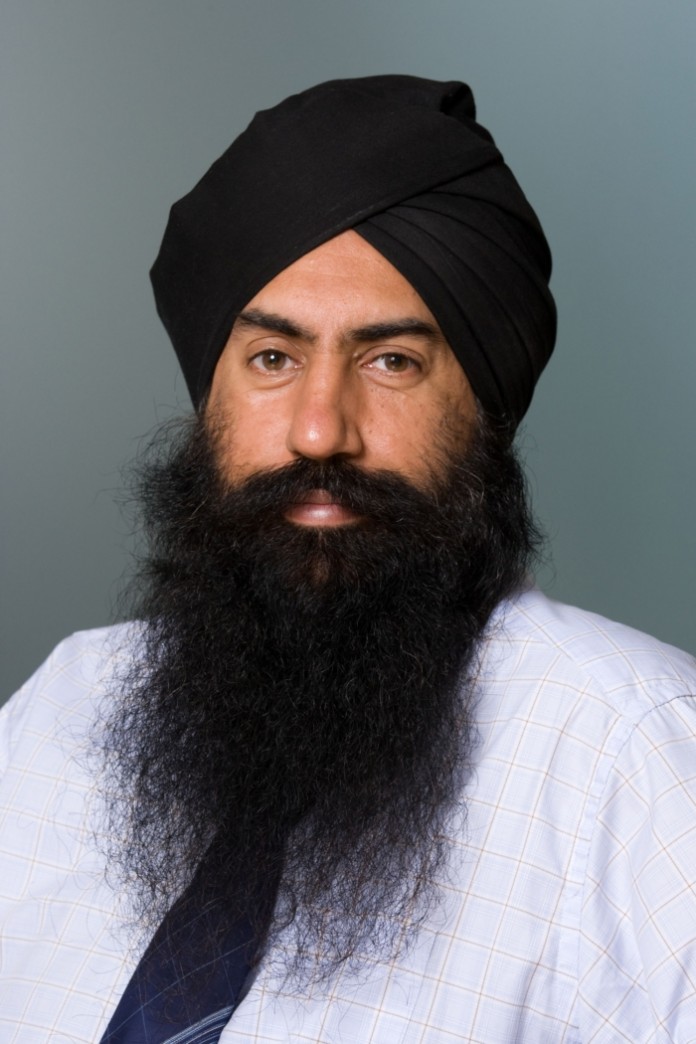
A Midlands solicitor has been appointed as an honorary professor after being recognised for his legal expertise in property law and, in particular, renewable energy and sustainability.
Sat Bhandal, partner and Head of the Property team at regional law firm Wright Hassall, was the only successful candidate for the position in the Department of Architecture and Built Environment at the University of Nottingham.
The legal practitioner had been working with the department for several years which underpinned his commitment and suitability to the role.
Over the course of the appointment, Sat will be working in partnership with the University of Nottingham to strengthen the links between the university, industry, commerce and professions by providing legal advice for discussions on the future of buildings and the opportunities to integrate renewable energy solutions.
Together with the university, Sat will look to see how innovative methods can be used to secure economic, financial and sustainable benefits for buildings and future construction.
He said: “It is an honour to have been selected for the role of honorary professor within the department.
“As a leading commercial property solicitor, I work extensively with property investors, owners and developers and other stakeholders within the built environment and find it extremely valuable to build strong links between organisations and the academic environment, which allows us to share best practice and be at the cutting edge of sustainable innovation.
“Whether you are a property owner, occupier or investor, ensuring that you understand renewable energy regulations, obligations and opportunities is key. Technology is moving so quickly in this area and there are great innovations which could benefit anyone with a property portfolio.
“I’m really looking forward to getting settled into the role and working with the university to secure a more sustainable future for the built environment.”



















